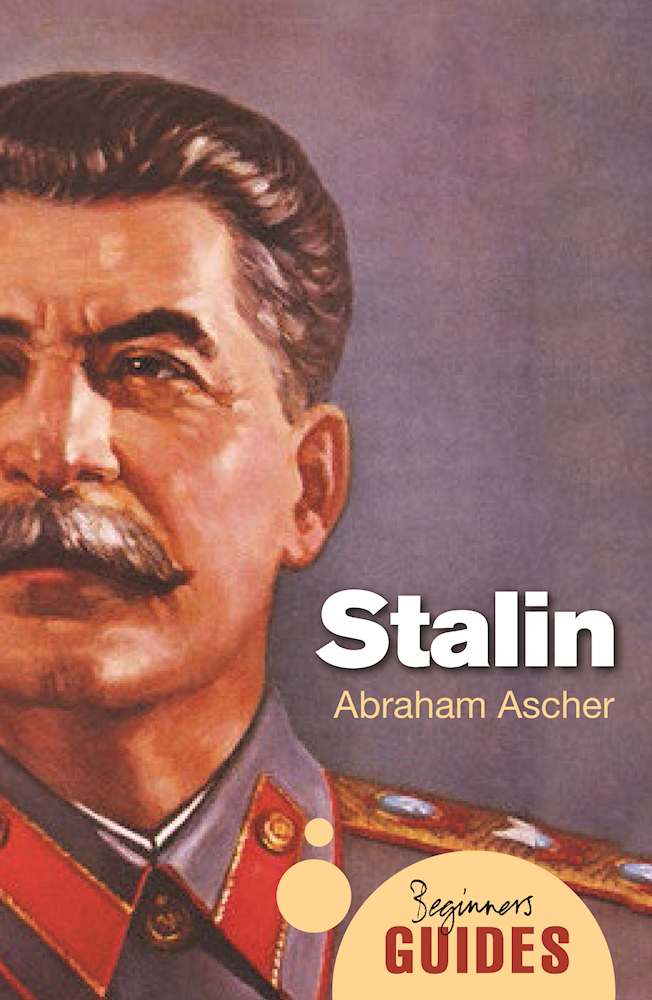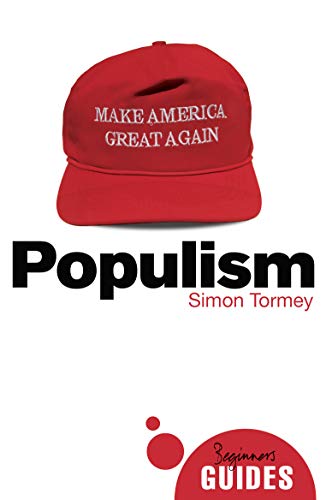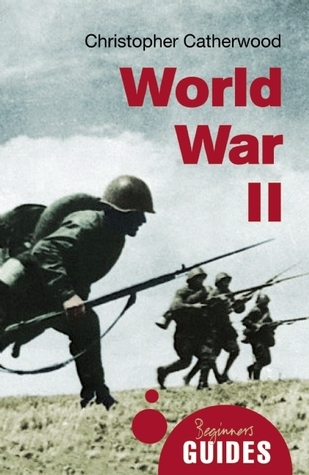


Books in series

Journalism
A Beginner's Guide
2010

The Philosophy of Mind
A Short Introduction
2005

Justice
A Beginner's Guide
2017

Sufism
A Beginner's Guide
248

Stalin
A Beginner's Guide
2016

The World Trade Organization
A Beginner's Guide
2015

History
A Beginner's Guide
2015

Classics
A Beginner's Guide
2024

Populism
A Beginner's Guide
2019

Imperial China
A Beginner's Guide
2021

Islamic Philosophy
A Beginner's Guide
2009

Opera
A Beginner's Guide
2010

Mafia and Organized Crime
A Beginner's Guide
2007

Machiavelli
A Beginner's Guide
2009

Conservation
A Beginner's Guide
2010

Religion
A Beginner's Guide
2001

Climate Change
A Beginner's Guide
2010

Bioterror and Biowarfare
A Beginner's Guide
2006

Heidegger
An Introduction
2012

The New Testament
A Beginner's Guide
2014

World War II
A Beginner's Guide
2014

Archaeology
A Beginner's Guide
2015

A HISTÓRIA DE JESUS PARA QUEM TEM PRESSA
2018

Astronomy
A Beginner's Guide
2022

The English Civil Wars
A Beginner's Guide
2014

French Literature
A Beginner's Guide
2012

Democracy
A Beginner's Guide
2005

The Beat Generation
A Beginner's Guide
2007
Authors

Professor David Collins teaches and researches in the field of international economic law specializing in the law of the World Trade Organization and international investment law at a central London university and also heads his institution's Digital Trade Research Group. He is a Solicitor of England & Wales and is admitted to the Bars of Ontario and New York. David is Co-Editor in Chief of the journal International Trade Law and Regulation and Series Editor for Routledge Insights on International Economic Law. David has been a visiting researcher at law schools in the US, Spain, Lithuania, the Netherlands, Germany, Norway, Switzerland, Iceland, Australia, Russia, Hong Kong and Japan. In 2018 the Government of Canada nominated David to the roster of panelists for NAFTA (now USMCA) binational Trade Remedies disputes. More recently he was appointed to the Academic Advisory Council of the research forum Politeia and became an output assessor for the Law sub-panel for the 2021 REF. He has been a member of the International Committee of the Law Society of England and Wales since 2009. David's first work of fiction - the Savage Season - is a historical thriller pitting humanity against the elements, the tides of war, and a lone prehistoric creature surviving into the early 20th century.



Edward Feser is Associate Professor of Philosophy at Pasadena City College in Pasadena, California. He has been a Visiting Assistant Professor at Loyola Marymount University in Los Angeles and a Visiting Scholar at the Social Philosophy and Policy Center at Bowling Green State University in Bowling Green, Ohio. He holds a Ph.D. in philosophy from the University of California at Santa Barbara, an M.A. in religion from the Claremont Graduate School, and a B.A. in philosophy and religious studies from the California State University at Fullerton. Called by National Review “one of the best contemporary writers on philosophy,” Feser is the author of On Nozick, Philosophy of Mind, Locke, The Last Superstition: A Refutation of the New Atheism, and Aquinas, and editor of The Cambridge Companion to Hayek and Aristotle on Method and Metaphysics. He is also the author of many academic articles. His primary academic research interests are in the philosophy of mind, moral and political philosophy, and the philosophy of religion. Feser also writes on politics and culture, from a conservative point of view; and on religion, from a traditional Roman Catholic perspective. In this connection, his work has appeared in such publications as The American, The American Conservative, City Journal, The Claremont Review of Books, Crisis, First Things, Liberty, National Review, New Oxford Review, Public Discourse, Reason, and TCS Daily. He lives in Los Angeles with his wife and six children.

